Moving to a new country involves not just adjusting to a new environment, but also understanding the legal framework that governs your stay. As an immigrant in Australia, it is crucial to be aware of your legal rights and responsibilities to ensure a smooth transition and successful integration into Australian society. This blog provides an overview of the key legal aspects that immigrants should be familiar with, focusing on employment laws and residency requirements.
Employment Laws
Australia has a well-established legal framework designed to protect the rights of workers, including immigrants. Whether you are on a temporary visa or have been granted permanent residency, you are entitled to certain workplace rights. These rights include:
Fair Pay: All workers in Australia, regardless of their visa status, are entitled to receive at least the minimum wage, as stipulated by the Fair Work Act 2009. The minimum wage is reviewed annually and varies depending on your industry and occupation. Employers are also required to pay penalty rates for overtime, weekend, and public holiday work.
Safe Working Conditions: Employers must provide a safe and healthy workplace. This includes ensuring that the workplace is free from hazards and that employees are properly trained to perform their jobs safely. Immigrants have the right to refuse unsafe work and to report unsafe conditions to the relevant authorities without fear of retaliation.
Leave Entitlements: Immigrants working in Australia are entitled to various forms of leave, including annual leave, personal/carer’s leave, and parental leave. These entitlements are protected by law, and employers cannot deny you these rights.
Protection from Discrimination: Australian law prohibits discrimination in the workplace based on race, nationality, religion, gender, or other protected characteristics. If you believe you have been discriminated against, you can lodge a complaint with the Fair Work Commission or the Australian Human Rights Commission.
Residency Requirements
Understanding the visa conditions and residency requirements is crucial for immigrants living in Australia. Failure to comply with these requirements can lead to Visa cancellations, deportation, or legal issues. Key residency requirements include:
Visa Conditions: Different visas come with specific conditions that must be adhered to. For instance, student visa holders are generally allowed to work a limited number of hours per week, while certain skilled work visas may require you to work in a specific occupation or region. It is essential to know and comply with the conditions attached to your Visa.
Permanent Residency (PR): Obtaining permanent residency offers immigrants more security and flexibility in Australia. PR holders have the right to live, work, and study in Australia indefinitely. They are also eligible for social security benefits and can apply for Australian citizenship after fulfilling the residency requirements.
Citizenship Pathway: Permanent residents can apply for Australian citizenship after meeting certain criteria, including the residency requirement, which typically involves living in Australia for at least four years, including one year as a permanent resident. Citizenship grants you the right to vote, obtain an Australian passport, and receive consular support while overseas.
Compliance with Australian Laws: Immigrants are required to comply with all Australian laws, including criminal, civil, and immigration laws. Breaking the law can have severe consequences, including visa cancellation and deportation.
Conclusion
As an immigrant in Australia, understanding your legal rights and responsibilities is essential for a successful and fulfilling life in the country. Familiarising yourself with employment laws and residency requirements will help you navigate your new environment with confidence. It is always advisable to seek legal advice or consult with immigration experts if you are unsure about your rights or obligations. By staying informed and compliant, you can ensure a positive and secure experience in Australia.

